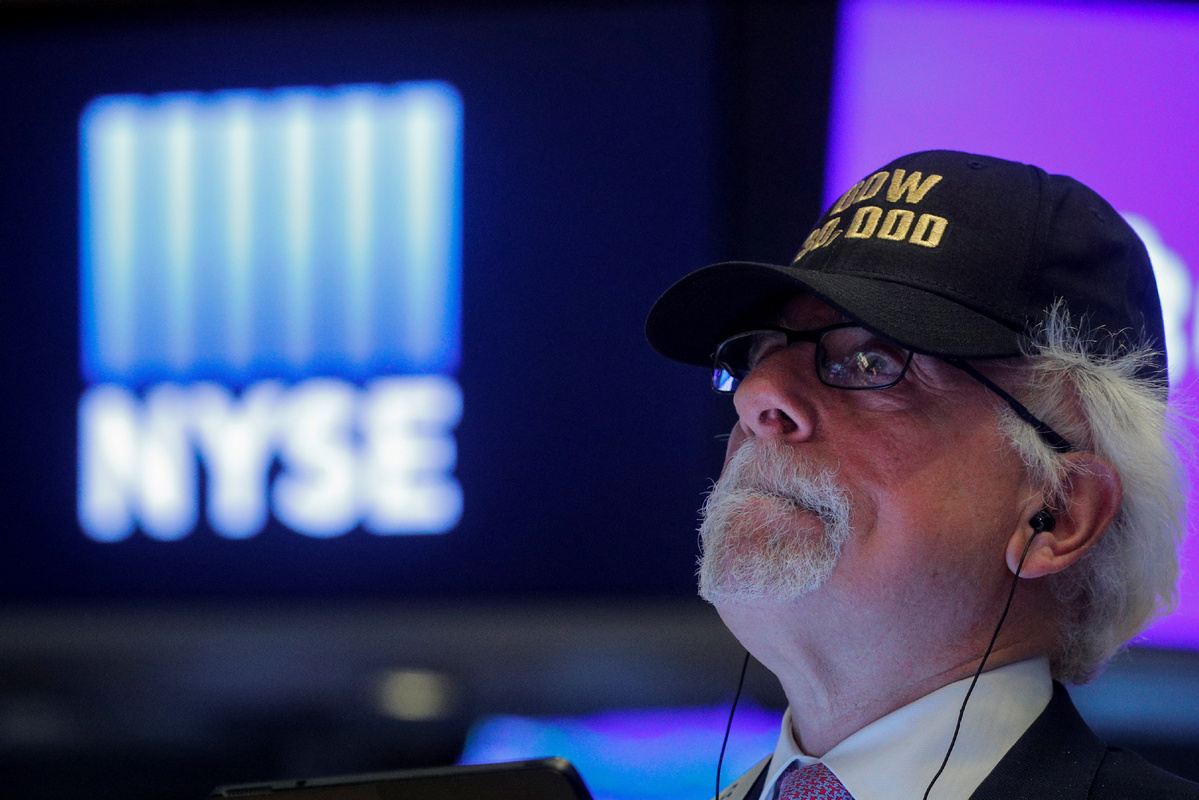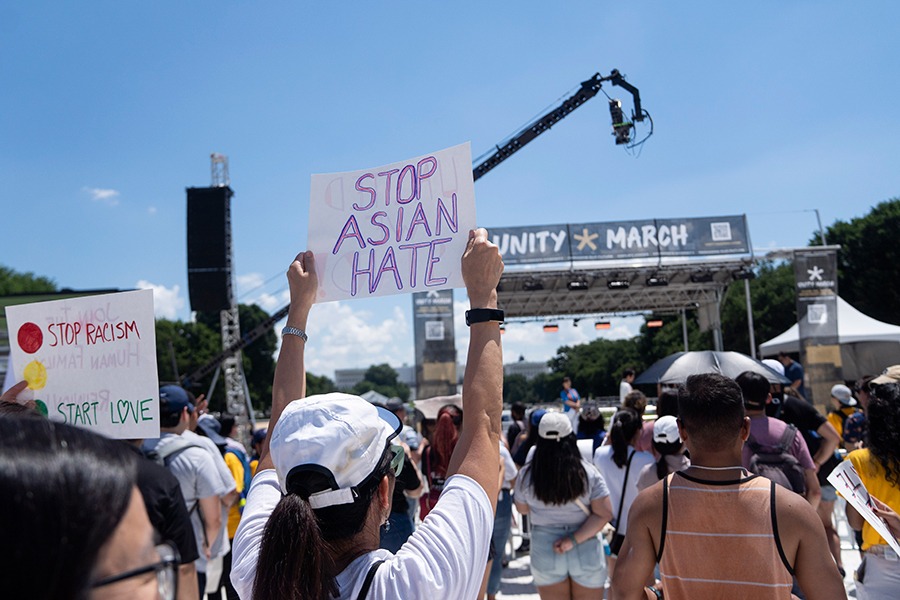Economic damage could turn out to be more ruinous than outbreak
By William Hennelly in New York | China Daily Global | Updated: 2020-03-26 07:37

At what point will the enforced shutdown of the global economy become more harmful than the novel coronavirus?
That is a question that will have to be answered soon.
With about half the United States being asked by individual states to stay at home as much as possible, President Donald Trump this week repeatedly called for the country to go back to work by Easter (April 12).
That is against the advice of many medical experts, but Trump is concerned that the cure (lockdowns) could be worse than the problem.
On Tuesday, he tweeted: "Our people want to return to work. They will practice Social Distancing and all else, and Seniors will be watched over protectively & lovingly. We can do two things together. THE CURE CANNOT BE WORSE (by far) THAN THE PROBLEM! Congress MUST ACT NOW. We will come back strong!"
Of Congress, Trump was referring to a trillion-dollar stimulus package that hadn't passed as of Tuesday afternoon, mostly due to certain politicians cramming unrelated pork projects into the bill along predictably partisan lines.
Due to government lockdowns, trillions of dollars in stock market wealth, and millions of jobs have been lost, upending billions of lives.
The stock market did rally Tuesday to its best one-day point gain since 1933, buoyed by hopes of a trillion-dollar stimulus package by Congress and perhaps Trump's optimism.
There are an estimated 7.7 billion people on the planet. Of that number, nearly 16,362 people worldwide had died from the plague of COVID-19, according to the World Health Organization as of Tuesday, with the total number infected above 375,498.
In the US, 471 people have died.
Admittedly, the situations and mortality rates in Italy (6,820 deaths) and Iran (1,934 fatalities) have been alarming and horrific, and perhaps the coronavirus strain that those countries have is more deadly than in other parts of the world. That has yet to be determined.
It also is true that in Italy most of the victims have been elderly, which many younger, carefree people around the world may take as cue to carry on living as usual.
But seniors' lives are just as valuable as anyone's. That said, they are at a physical disadvantage when it comes to surviving COVID-19.
In New York, Governor Andrew Cuomo and Trump had recently been complimentary about their dealings on fighting the virus, but that changed Tuesday when the governor bristled at Trump's call for the nation to get back to work in April. Cuomo also made a blunt plea for more ventilators.
"You want a pat on the back for sending 400 ventilators?" asked Cuomo. "You pick the 26,000 people who are going to die," he said, referring to New York's need of roughly 30,000 of the machines.
US Vice-President Mike Pence said later Tuesday that 4,000 more ventilators were on the way.
New York is likely the epicenter because the state is home to the largest city in the US, an international hub that by its nature is more susceptible to the spread of pathogens.
The city right now is operating as a shell in itself. All of the attractions that people come here for, Broadway shows, museums, musical performances, sporting events, restaurants, et cetera, are dormant.
So the fallout is much more stark here than it is in suburban or rural areas of the country-and much more economically devastating. Many of the city's service or "gig economy" workers who live paycheck-to-paycheck were abruptly put out of work. They don't have the luxury of working online from home, or "telecommuting".
Former US Democratic presidential candidate Andrew Yang tweeted Sunday that "Pretty soon we're all going to need a haircut," in reference to the city's barber shops closing.
And why has the novel coronavirus resulted in the boarding-up of the global economy when AIDS, SARS, Ebola, H1N1, and bird flu did not?
As far as remedies, the anti-malaria drug hydroxychloroquine is showing some promise. I just read of a man in New Jersey whose condition rapidly improved once he was given the widely available drug.
Is there any reason that we need to wait for "further testing" before administering this decadesold drug that is widely available in generic form? Or is it a matter of corporate forces wanting to be the ones to distribute it?
To its credit, New York stared to use the drug on Tuesday.
Much has been made of people not heeding warnings about gathering in public. In Florida, a beach was packed recently.
On Sunday, Governor Cuomo said that many people still were congregating in New York City parks, although the city has since tightened enforcement of social distancing.
This is not to say that all necessary measures shouldn't be taken, such as frequent hand-washing, not touching one's face, wearing masks when necessary, staying indoors and social distancing.
But when will the collective will of the people to live whatever life they have left supersede the relatively low chance of dying from the latest in a long line of viruses?
























